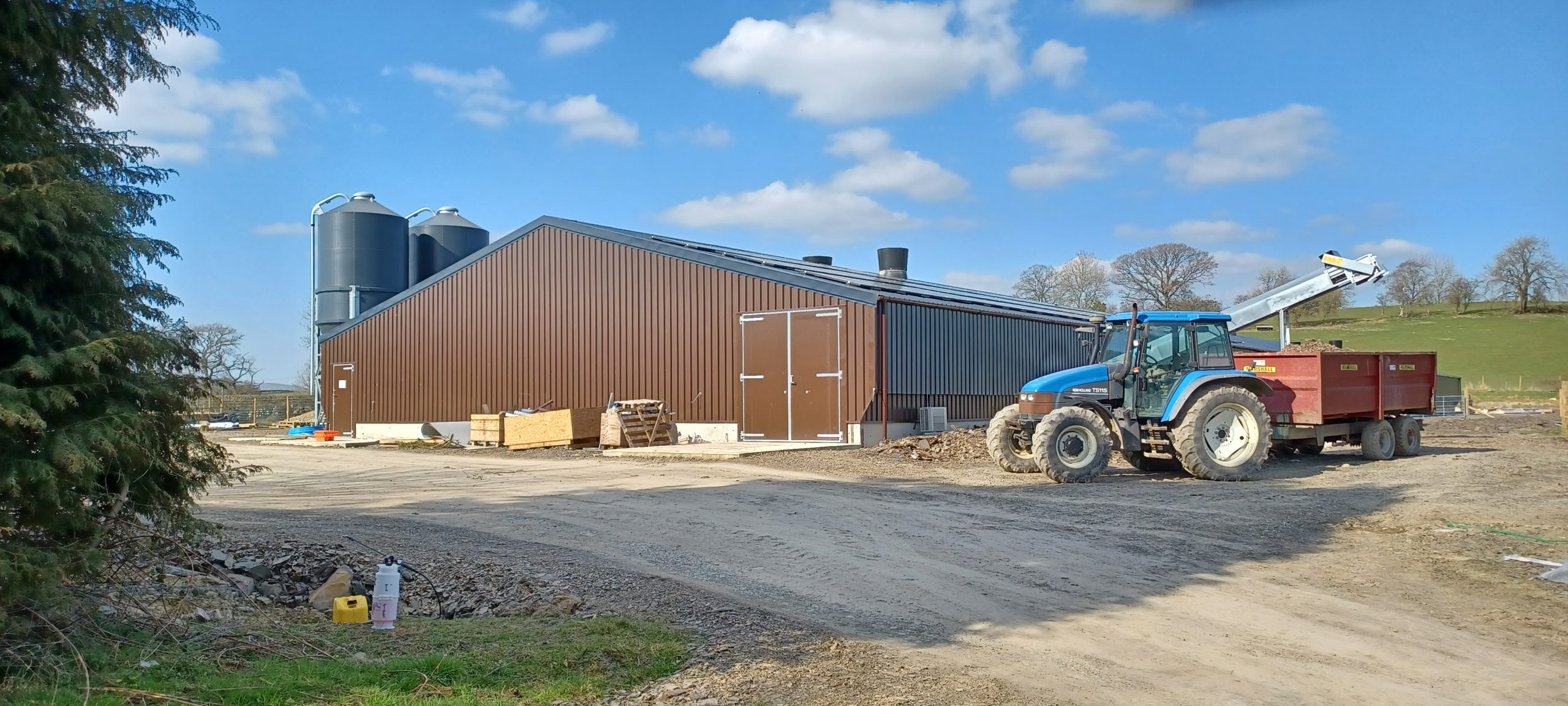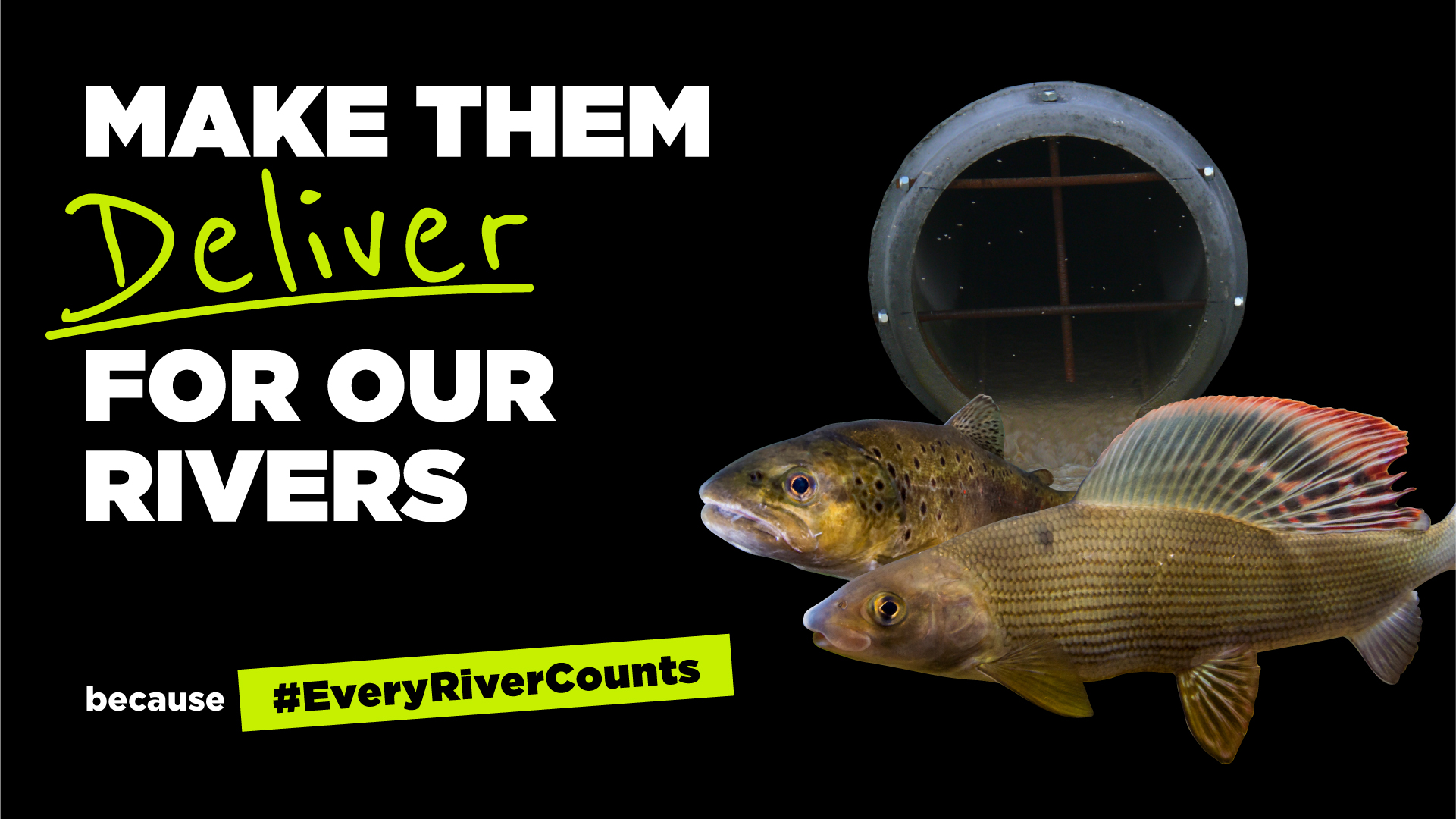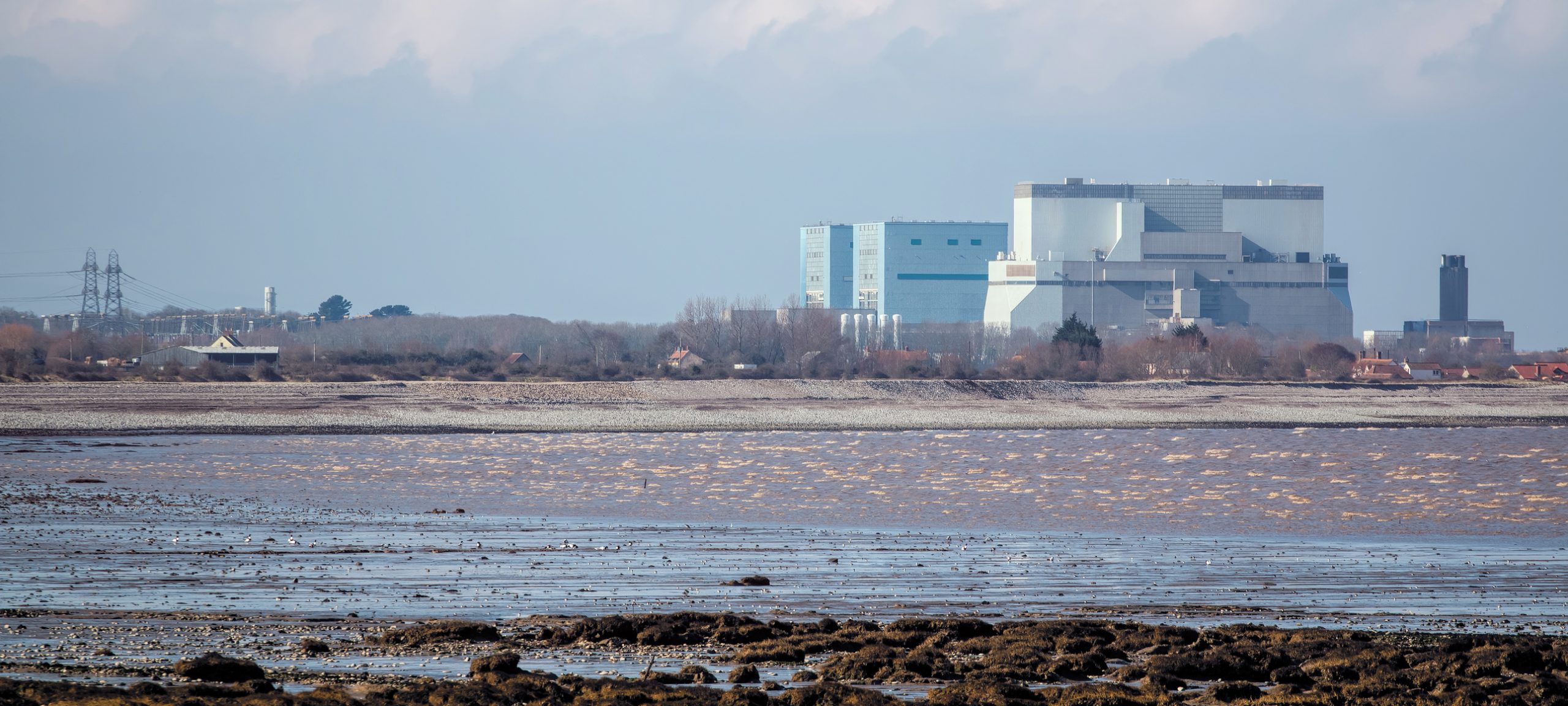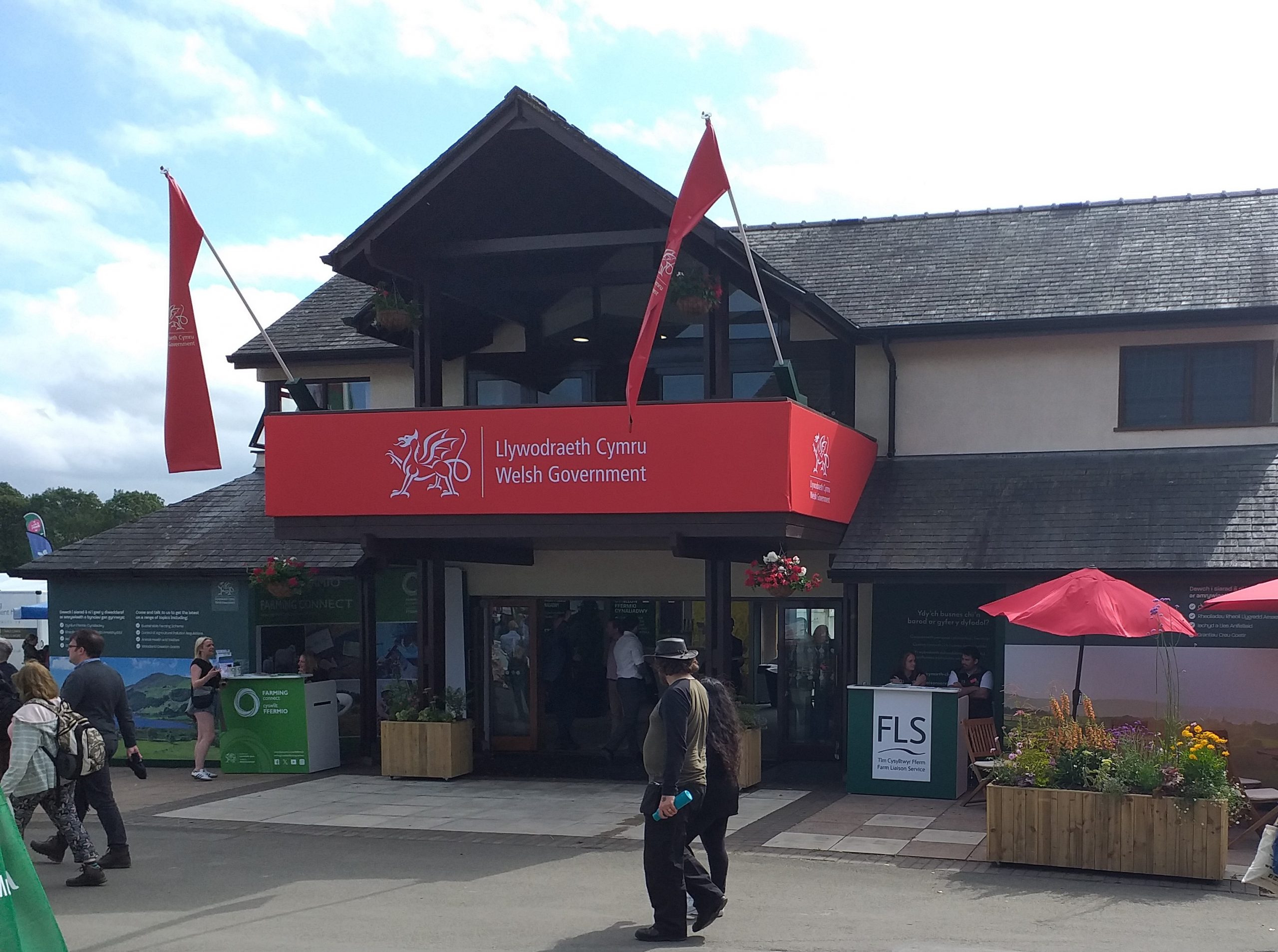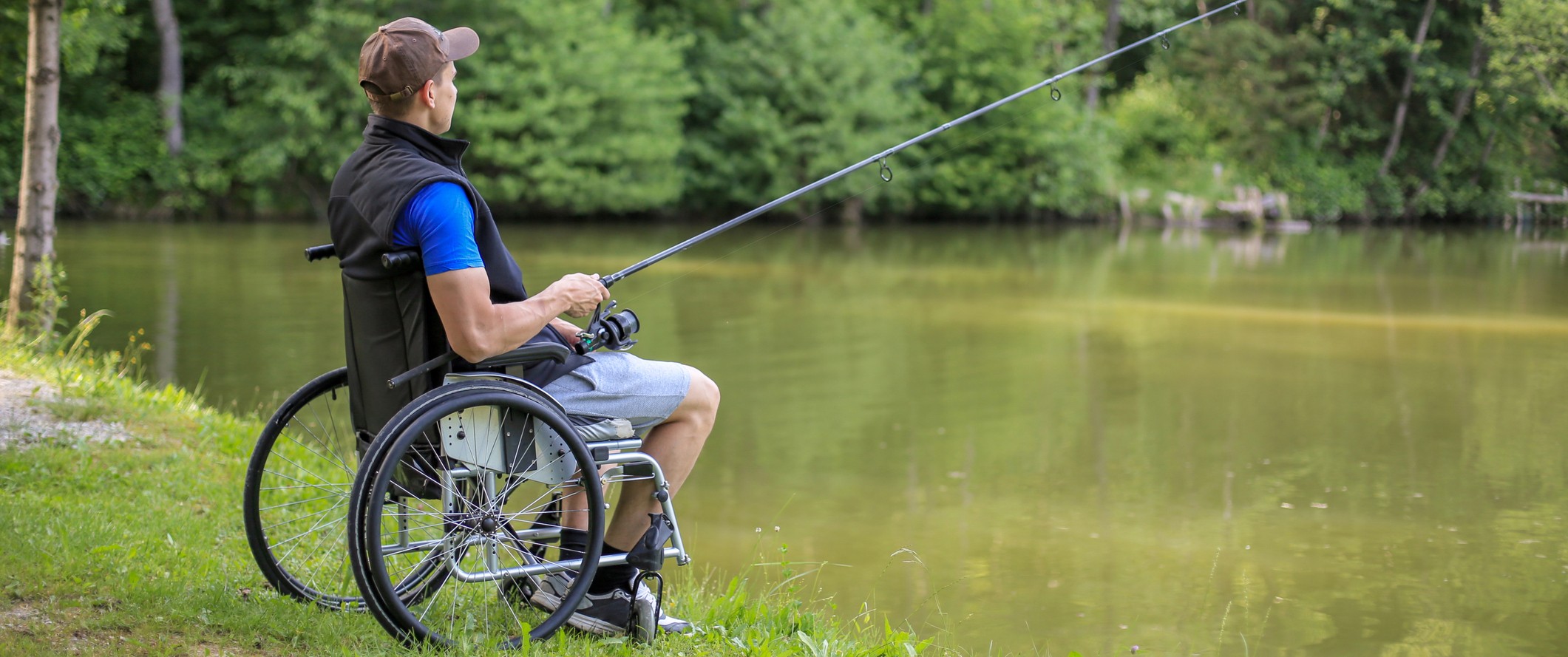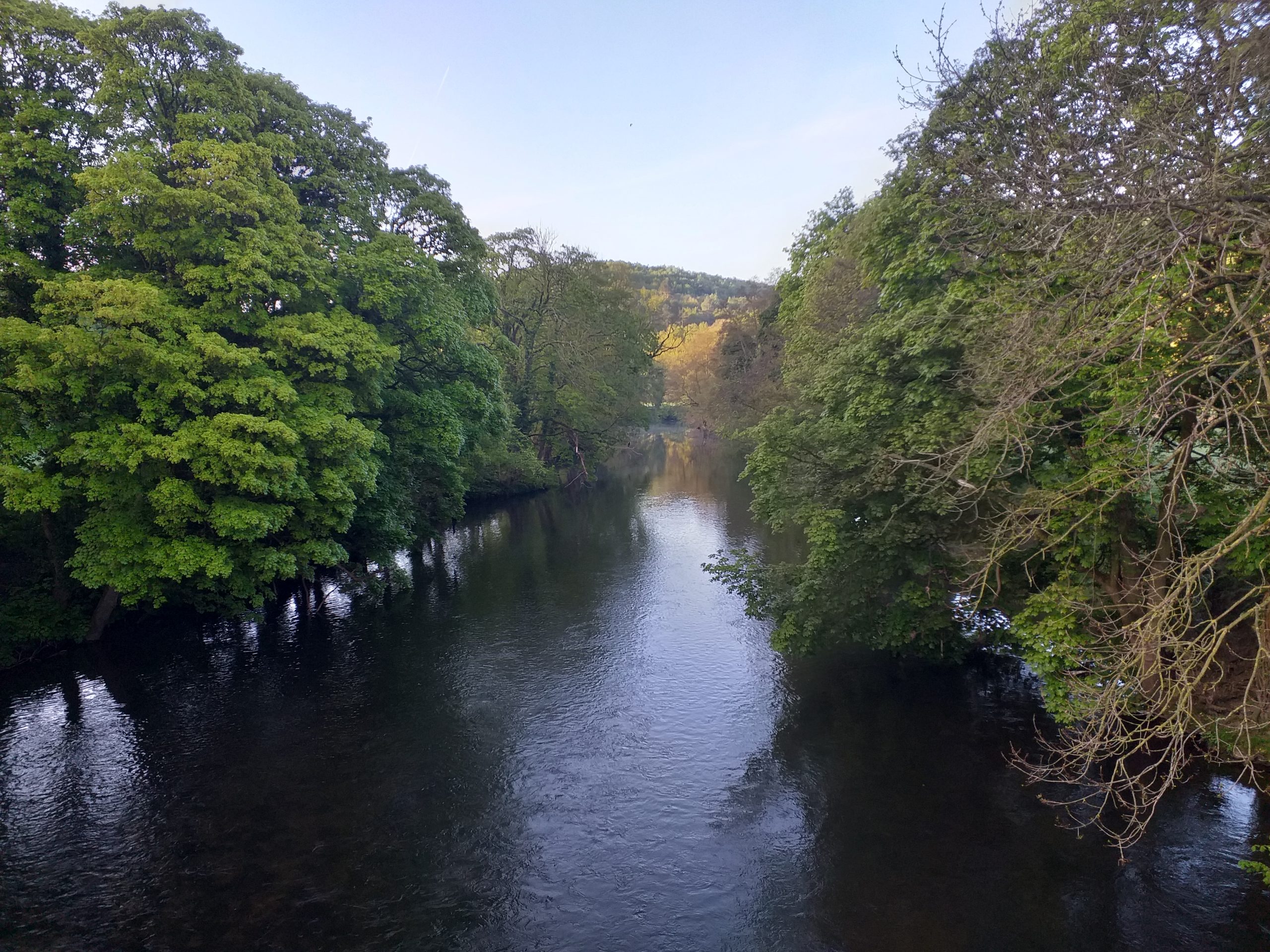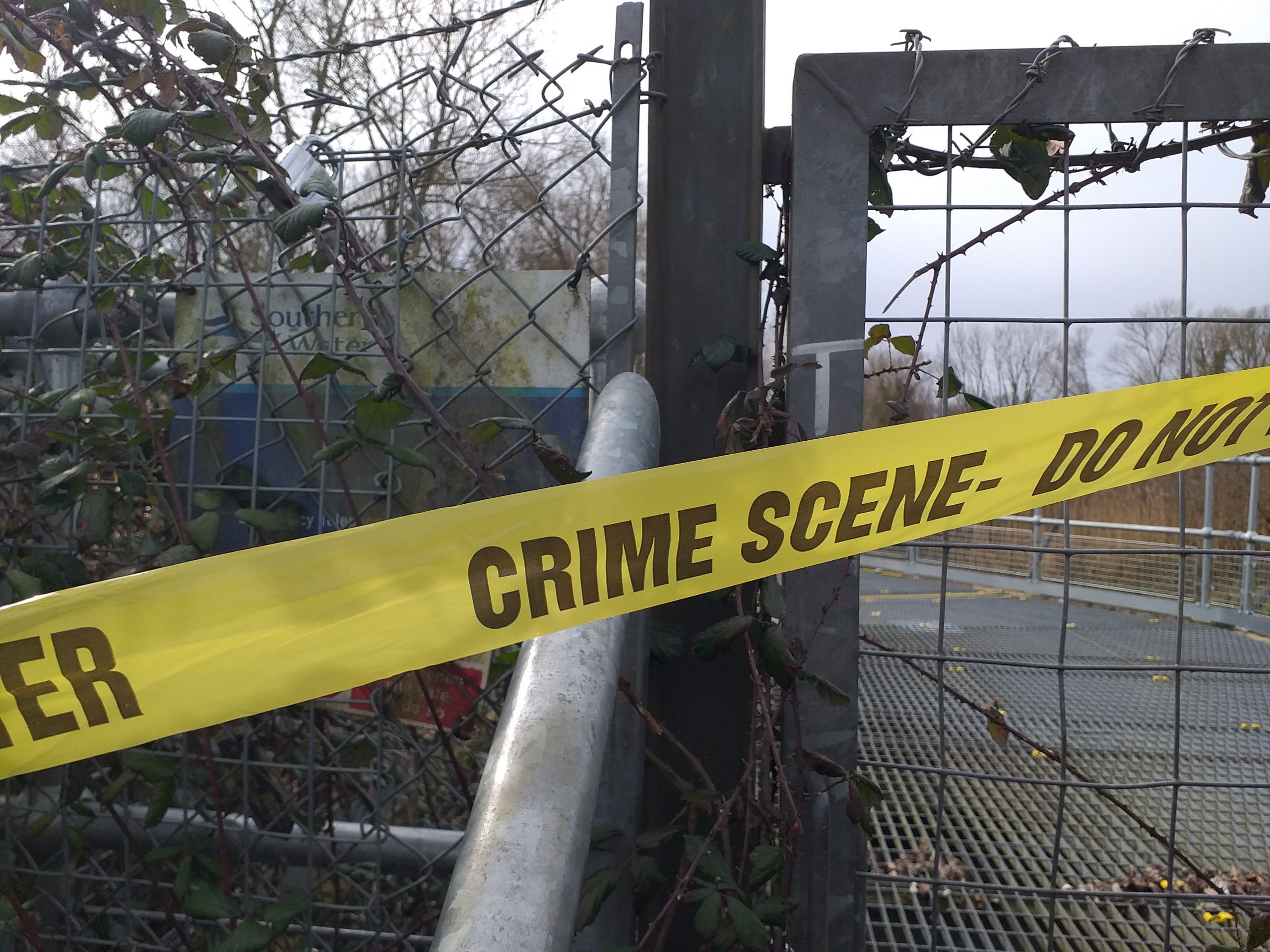News
High Court turns down Fish Legal bid to challenge Powys poultry expansion plan
In a hearing yesterday, the High Court in Cardiff refused permission for Fish Legal to proceed with a challenge to Powys County Council decision to grant planning permission to double the size of an industrial poultry unit near Builth Wells in the River Wye catchment from 90,000 birds to 180,000.
Fish Legal argued that the Council had failed to properly consider what will happen to tonnes of additional poultry manure that will be spread as digestate on land in the River Wye catchment. 1,100 tonnes of manure per year, plus dirty waters generated by two new intensive poultry units will be exported off-site to an anaerobic digester facility sited near the River Llynfi, an SSSI and a component of the River Wye Special Area of Conservation (SAC). The Llynfi is one of the tributaries of the Wye that is failing its phosphate target.
Under the Conservation of Habitats and Species Regulations 2017, the development should only go ahead after the Council has established that it will not adversely affect the integrity of an SAC. Under the Town and Country Planning (Environmental Impact Assessment) (Wales) Regulations 2017 the Council need to look at both the direct and indirect significant effects of the development.
Fish Legal is considering appealing the decision.
Justin Neal, Solicitor for Fish Legal, said:
“This a hugely disappointing result for anybody who cares about the River Wye. We maintain that Powys County Council has a duty to assess the direct and indirect effects of these intensive units, which would include the impact of spreading of the digestate generated from poultry manure from the site, which can be washed into the river. None of this was taken into consideration. We will consider appealing the decision”
Penelope Gane, Head of Practice at Fish Legal, said:
“This case exposes how we have got into this dire situation with agricultural pollution in rivers. There is clearly a gap between the planning and permitting regime when it comes to regulatory oversight of pollutants from intensive poultry production. We are no clearer as to whether the planning authority or Natural Resources Wales will be able to enforce if the phosphate-rich digestate ultimately runs-off and causes further deterioration to the delicate ecology of the River Wye and the species it supports.”
She added:
“With anaerobic digestors being touted by some as the solution to algal blooms on the Wye, real questions remain about how the impact of digestate spread within its catchment is being properly assessed.”
